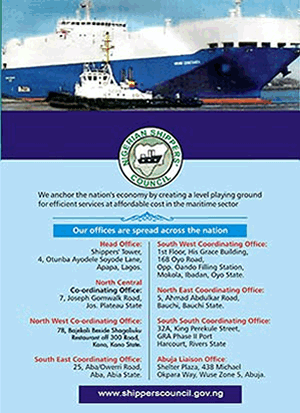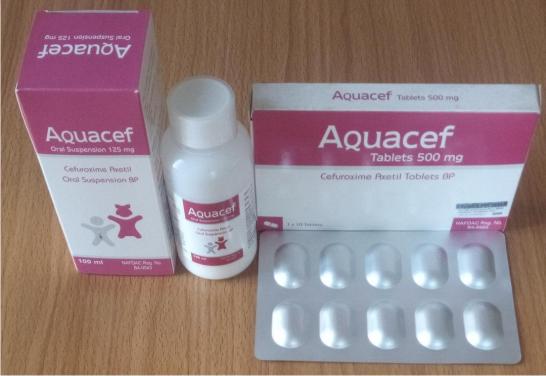

Minister of Marine and Blue Economy, Adegboyega Oyetola, yesterday directed the Nigerian Maritime Administration and Safety Agency (NIMASA) to commence the process for the disbursement of the Cabotage Vessel Financing Fund (CVFF), which could see indigenous ship owners accessing more than $400 million in strategic funding.
NIMASA, in alignment with the minister’s directive, has immediately issued a Marine Notice inviting eligible Nigerian shipping companies to apply.
Qualified applicants can access up to $25 million each at competitive interest rates to acquire vessels that meet international safety and performance standards.
The fund will be administered in partnership with approved primary lending institutions (PLIs) to ensure professional and efficient disbursement.
Oyetola said the commencement of disbursement of the CVFF, which had been dormant for more than 20 years, was in line with the intentional development of the country’s maritime sector, under President Bola Tinubu’s economic agenda.
“This is not just about disbursing funds. It’s about rewriting a chapter in our maritime history. For over 20 years, the CVFF remained a dormant promise. Today, we are bringing it to life—deliberately, transparently, and strategically.
“We are not merely funding vessels; we are investing in a future where Nigerian shipping companies can stand shoulder-to-shoulder with their international counterparts. This is a turning point—one that affirms our commitment to local content, economic resilience, and maritime sovereignty,” Oyetola said.
According to him, the release of the CVFF underscores a clear and strategic vision that prioritises development of strategic national assets.
Said he: “We are doing what should have been done years ago—because our vision is clear. A strong indigenous fleet is not just a matter of pride; it is a strategic national asset. Through this intervention, we will be securing jobs, strengthening our economy, and redefining our place in the global maritime economy”.
The CVFF, established under the Coastal and Inland Shipping (Cabotage) Act of 2003, was designed to empower Nigerian shipping companies through access to structured financing for vessel acquisition. However, successive administrations had failed to operationalise the fund.
Experts and stakeholders yesterday expressed cautious optimism, noting that the immediate disbursement of the fund would mark a watershed moment for the Nigerian maritime sector.
The disbursement of the CVFF is expected to generate far-reaching benefits, including development of stronger, self-sufficient shipping fleets, employments, development of local shipbuilding and repair industries, and significant reduction in capital flight associated with foreign vessel chartering.
Stakeholders said proper implementation of the CVFF would realign the maritime industry towards long-term growth, enhanced logistics efficiency, and global relevance.
President, Nigerian Association of Master Mariners, Captain Tajudeen Alao, described the CVFF directive as a “good news for the industry”, noting that the government is breaking two-decade-long jinx.
He however emphasised the need for rigorous application, screening, and due diligence.
“Some who were eligible ten years ago may no longer meet the criteria. There must be a clear process to determine current capacity. And this fund is strictly for ship operators, not clearing agents or freight forwarders,” Alao said.
Former Acting President of the Association of Nigerian Licensed Customs Agents (ANLCA), Kayode Farinto, expressed cautious optimism, given the long delay that had dodged the fund.
“Until it is actually implemented, we remain cautious,” Farinto said.
According to him, timely and actual disbursement would go a long way in assisting the indigenous ship owners as well as reviving the indigenous shipping industry, which has been on the brink of collapse.
National Secretary of ANLCA, Olumide Fakanlu, described the directive as a welcome development that could catalyse industry-wide growth if executed faithfully.
He said: “If it is truly disbursed, it will help us acquire vessels and boost indigenous participation. But the directive must be genuine and not just political posturing. It should also be structured as a revolving fund – collect, repay with interest, and let others benefit”.
ADVERTISEMENTS:


















